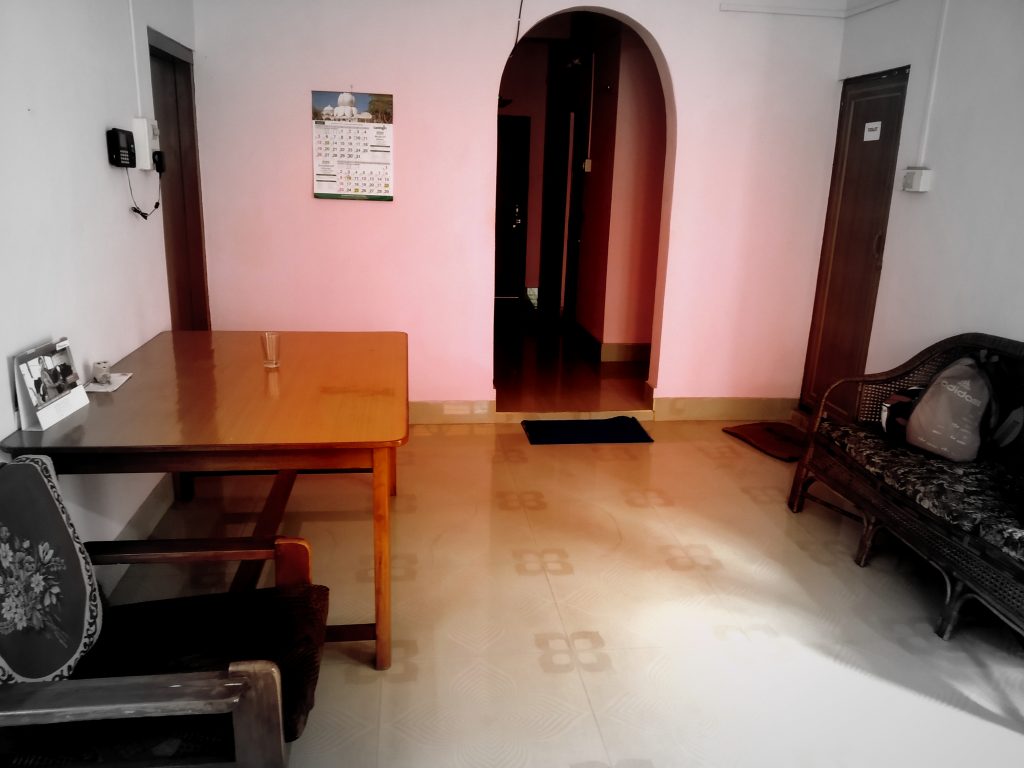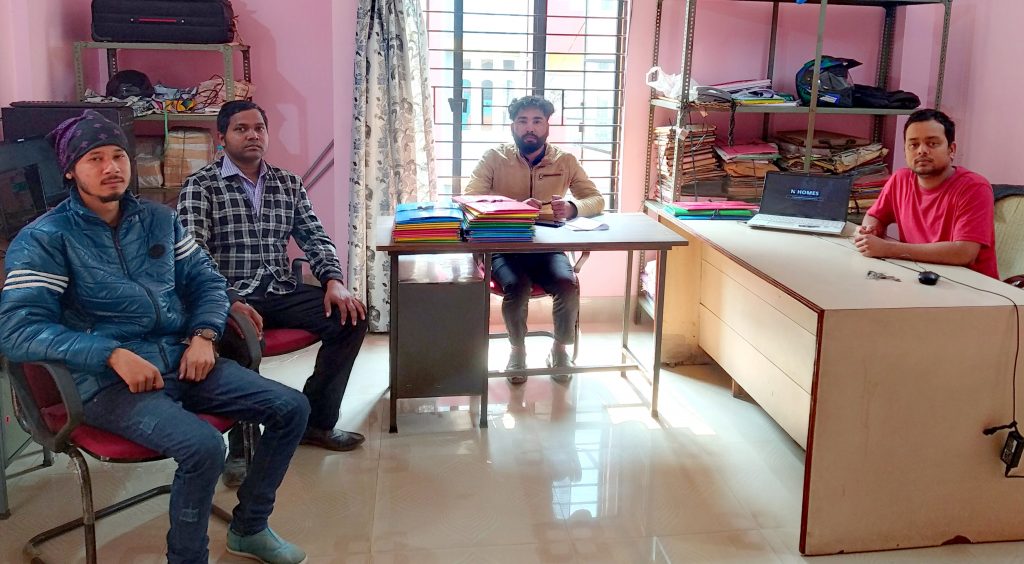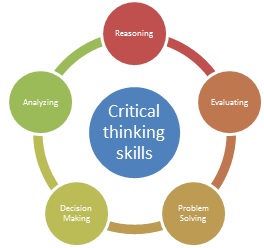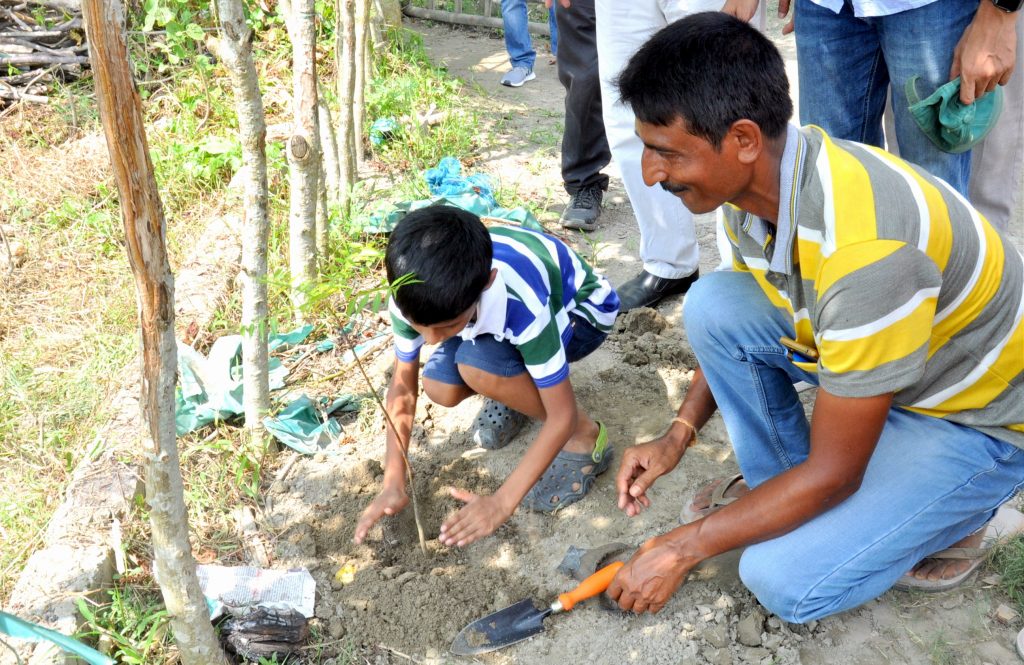Among several issues plaguing Assam, unemployment stands as one major constraint. The fact that the state has a dismal number of literate and semi-literate unemployed youths strikes a sorry picture. Keeping this in mind, the Government of Assam decided to give shape to an initiative that will support and encourage the youths of Assam to convert from being job seekers to job creators. The Department of Industries and Commerce, Government of Assam, took it upon itself to formulate the Assam Startup Policy in 2017. The core objective of the Policy is to promote a culture of entrepreneurship in the state that would help develop self-sustenance in Assam and largely address the problem of unemployment in the state. The IIM Calcutta Innovation Park has been roped in as the implementing partner to execute the initiative by the Government of Assam.
Given that the average state population has traditionally been service-inclined, merely motivating the youth towards entrepreneurship isn’t enough. They need a certain amount of grooming and hand-holding until they are confident and skilled enough to drive their business independently. Hence, the need for a world-class startup incubator that can provide complete entrepreneurial grooming and practical coaching to the startups.
Keeping this mind, a state-of-art marquee incubator was inaugurated, as part of the Assam Startup Policy 2017, on 20 January 2019 by the honourable Chief Minister, Shri Sarbananda Sonowal. Assam Startup – The Nest is Assam’s first state-owned startup incubator located at Ambari, Guwahati and is dedicatedly working to help the startups grow into master entrepreneurs.
Months into the initiative, there has been a lot of curiosity among people about Assam Startup – The Nest. A feeling of wonder engrosses the mind about what goes on inside the swaggering building! Here’s an attempt to clear the clouds and pull out answers to everything one wants to know about the Assam Startup initiative.
What does Assam Startup – The Nest do?
As a startup incubator, Assam Startup – The Nest helps the startup entities to tailor their entrepreneurial mindset in order to align it with the market. Selected startups are incubated at The Nest for a period of 6 months, wherein they go through intense mentoring, capacity building training and get access to co-working space, support services, and crucial network connects to help them get cracking and take the next big leap.
How can Assam Startup – The Nest help fulfill the entrepreneurial aspirations of a startup?
Entrepreneurship is a tough call involving several highs and lows. Being an entrepreneur requires a strong frame of mind, problem-solving mindset and a never-say-die attitude. Through its rigorous capacity building programs and mentoring sessions, Assam Startup – The Nest tries to train the startups to align their thoughts with the tough demands of entrepreneurship so that they are skill-equipped to turn a startup idea into a scalable business venture.
The startups are also introduced to formidable figures from the industry that include national and international entrepreneurs, investors and startup mentors. They get the once-in-a-lifetime opportunity to interact with those industry gurus, indulge in knowledge sessions with them and turn those sessions into fruitful networking opportunities.
What more, in the final phase of the incubation, The Nest organizes a Demo Day, wherein top investors are invited to consider investing in the ventures pitched by the incubated startups.

What kind of mentoring is provided at The Nest?
The incubated startups are assigned mentors based on their sector, startup stage and specific needs. The pool of mentors at The Nest consists of industry experts from across the country with elaborate experience in entrepreneurship. Most of these mentors are already mentoring startups incubated at IIM Calcutta Innovation Park (Kolkata).
The assigned mentors do a review of the startups and offer them insightful suggestions as well as give them monthly targets or action plans to work on so that by the end of the 6-month incubation, the startups could have a thorough business model in hand.
Does Assam Startup provide technological support to the incubatees?
Assam Startup – The Nest is essentially a business incubation hub and does not provide direct technological support. But it helps the startups to connect with institutions offering suitable tech training and support.
Is there a fee for incubation?
No fee is charged for incubation.
Does Assam Startup provide fund?
Assam Startup – The Nest connects the incubated startups with the investors. Apart from this, the startups can apply for Startup Recognition on the website www.startup.assam.gov.in to become eligible for a number of fiscal and non-fiscal benefits provided by the Government of Assam. Startups deemed eligible for Startup Recognition following a rigorous process of evaluation are granted a unique My Assam Startup ID (MASI), which the startups must use to apply for the various benefits enumerated on the website.
One may go to the website and click on “Resources” to read the Assam Startup Policy 2017 and learn about the benefits under MASI in details.
Please note that startups who aren’t incubated at The Nest are also eligible to apply for MASI.
Apart from the MASI benefits, what does Assam Startup – The Nest do for startups who aren’t incubated at The Nest?
The Nest conducts a special Startup Adda every month, especially for the non-incubated startups, wherein they get the opportunity to interact with industry experts and ask them for suggestions regarding the various challenges of entrepreneurship with special focus on their own ventures. Besides, The Nest also conducts topic-based workshops for the non-incubated startups to acquaint them with the motley nuances of business and management.
Does Assam Startup give startup ideas?
Assam Startup – The Nest does not offer startup ideas. It offers the right direction to execute the startup ideas.
However, the startup incubator organizes Hackathons and Ideathons, inviting youths to come together and brainstorm over a popular local problem in order to come up with interesting startup ideas and solutions.
Are all activities of Assam Startup confined to The Nest alone?
It’s understood that none of the facilities under the Assam Startup Policy would bear fruits unless and until there’s far-reaching dissemination of knowledge about startups, the challenges and scope of startups in the state, and a comprehensive familiarity with the provisions enumerated under the Assam Startup Policy 2017. As such, it’s been made sure that The Nest holds awareness sessions and workshops at different academic and training institutions across the state from time to time. In fact, within 2 months of its launch, The Nest had connected with around 2500 students and aspirant entrepreneurs across the state.
Is there any sector specification or preference in order to be considered eligible for incubation?
Startups from any sector, except for liquor, tobacco, drugs and explosives, can apply for incubation at Assam Startup – The Nest. The startups are evaluated on the basis of Innovation, Market Potential, Revenue Model, Traction and Team Capabilities.
By: Satarupa Mishra






































